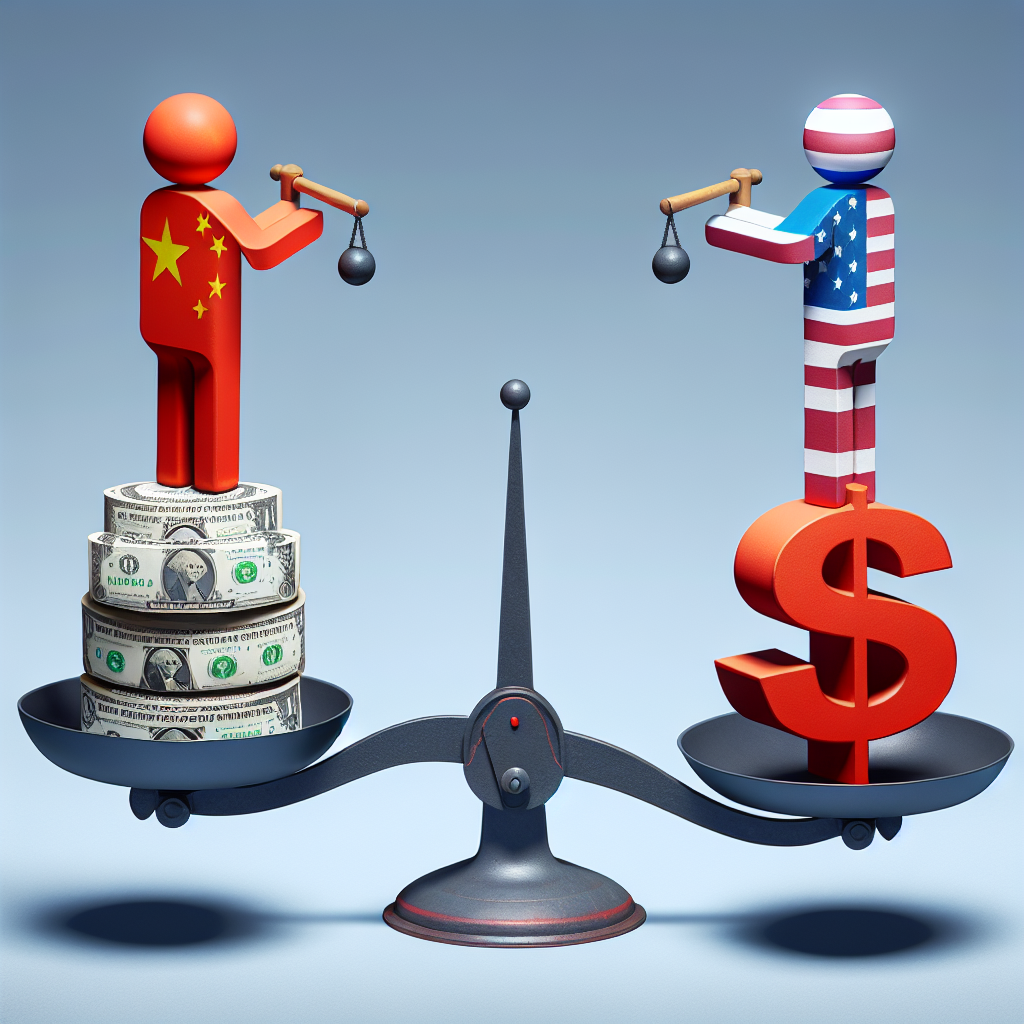Could China Leverage US Debt in Its Trade Dispute with America?
Could China Leverage US Debt in Its Trade Dispute with America?
Introduction
The ongoing trade tensions between the United States and China have raised questions about the potential strategies each country might employ. One such strategy involves China leveraging its substantial holdings of US debt. This summary explores the implications and feasibility of such a move.
China’s US Debt Holdings
China is one of the largest foreign holders of US Treasury securities, which gives it a significant stake in the American economy. This position has led to speculation about whether China could use this leverage in trade negotiations.
- China holds over $1 trillion in US Treasury securities.
- This makes China the second-largest foreign creditor to the US, after Japan.
- The holdings represent a significant portion of China’s foreign exchange reserves.
Potential Leverage in Trade Disputes
In theory, China could sell off its US debt holdings to exert pressure on the US. However, this strategy comes with risks and limitations.
- Massive sell-offs could lead to a decrease in the value of US Treasuries, affecting global markets.
- Such actions could also devalue China’s remaining holdings, leading to financial losses.
- The interconnected nature of global economies means that destabilizing the US economy could have adverse effects on China as well.
Economic and Political Considerations
Beyond the financial implications, there are broader economic and political factors to consider.
- China’s economy is heavily reliant on exports to the US, making a stable US economy beneficial for China.
- Political relations could be further strained, complicating future negotiations.
- Both countries have a vested interest in maintaining global economic stability.
Conclusion
While China holds significant US debt, leveraging it in trade disputes is fraught with complexities and potential repercussions. The interconnected nature of the global economy and mutual dependencies suggest that both nations are likely to seek more balanced and less disruptive solutions to their trade disagreements.






































